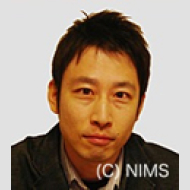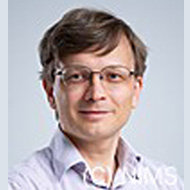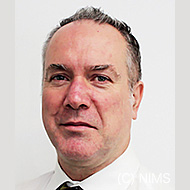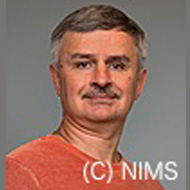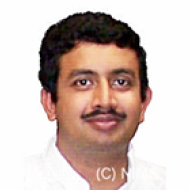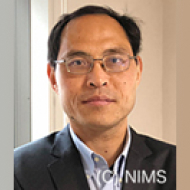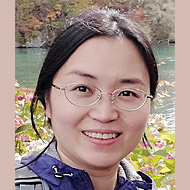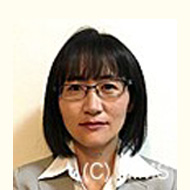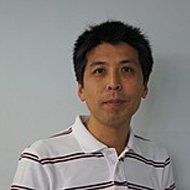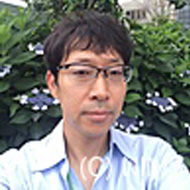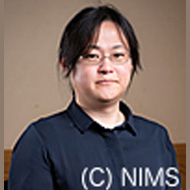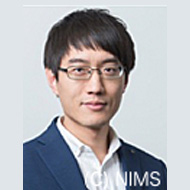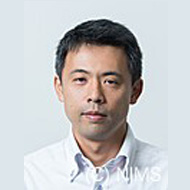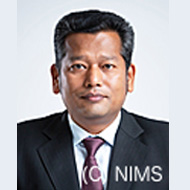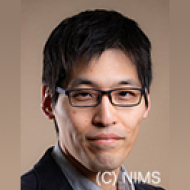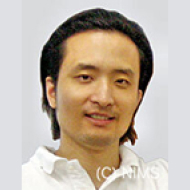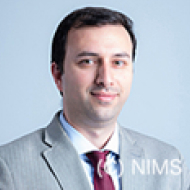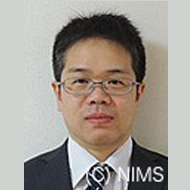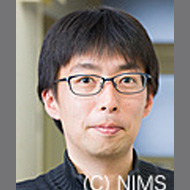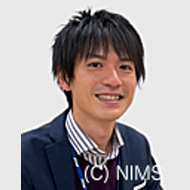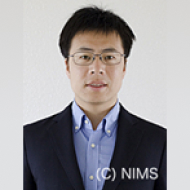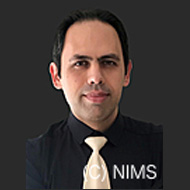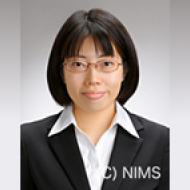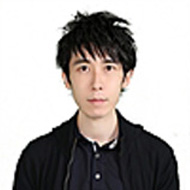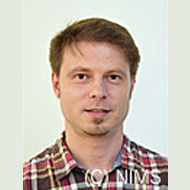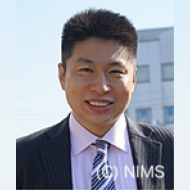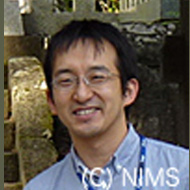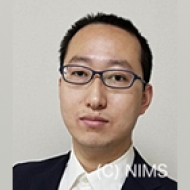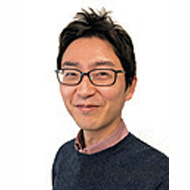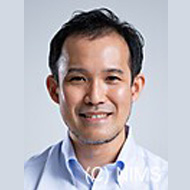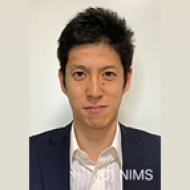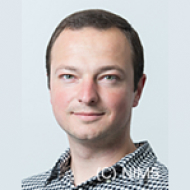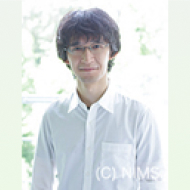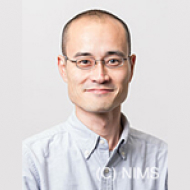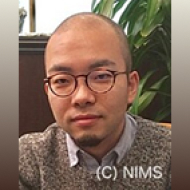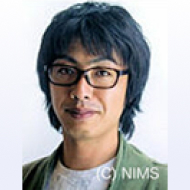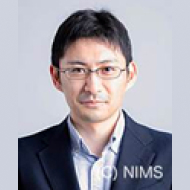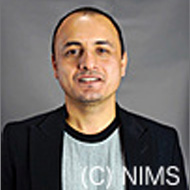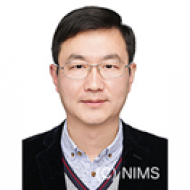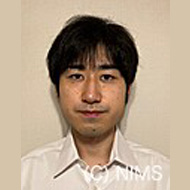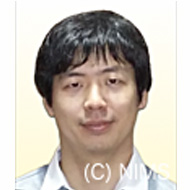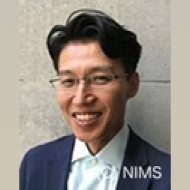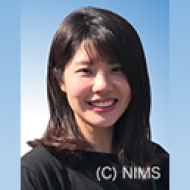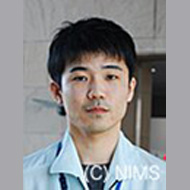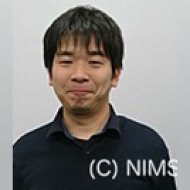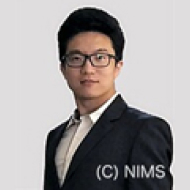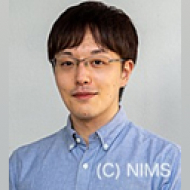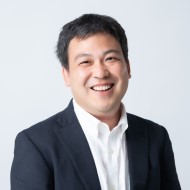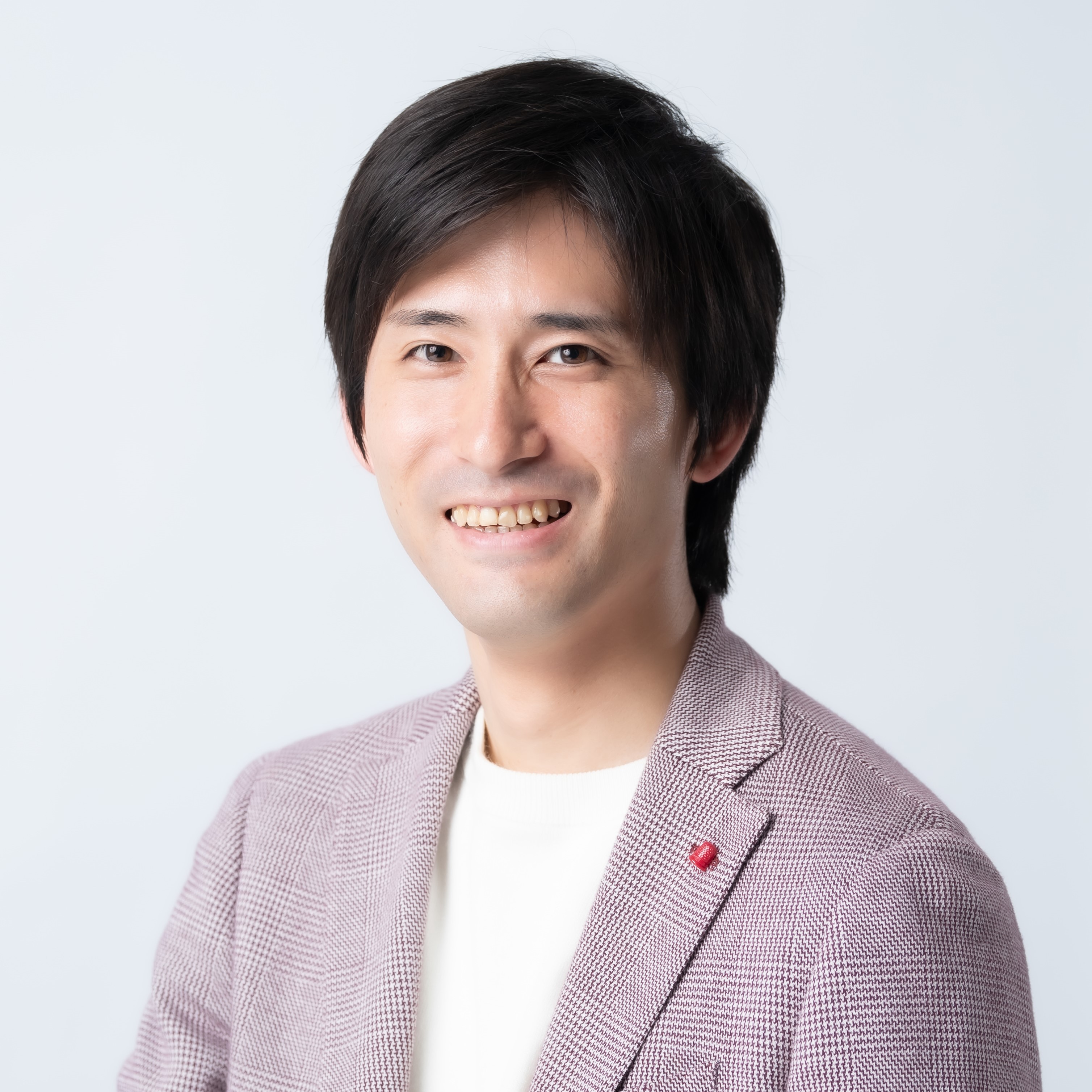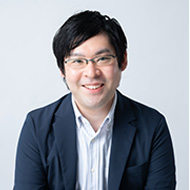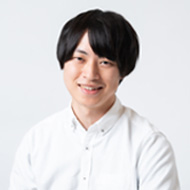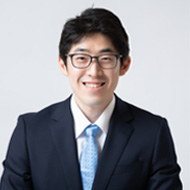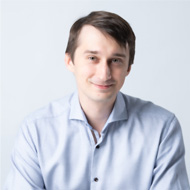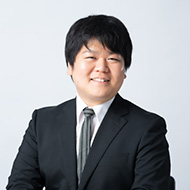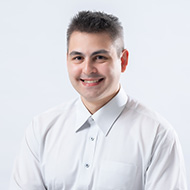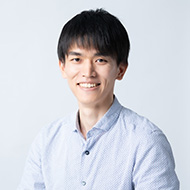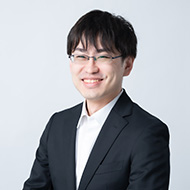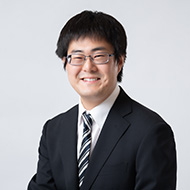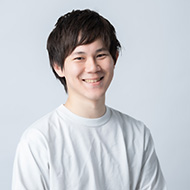ICYS在籍後の主な進路
ICYSで優れた研究成果を挙げた若手研究者は高度研究人材として世界で活躍しています。その多くがNIMSをはじめ、世界トップクラスの大学や、研究機関、企業の研究で活躍しています。
ICYS研究員はNIMSの定年制研究員に応募することが可能です。これまで定年制研究員に応募したICYSリサーチフェロー(RF)の概ね5割が採用されています。
また、外部へ転出した研究者の約半数は、助教以上の大学教員や研究機関や企業研究所の定年制研究員として採用されています。(※2018-2023年の6年間の実績)
| 年度 | NIMS定年制研究員への合格者数 |
|---|---|
| 2018 | 5 |
| 2019 | 2 |
| 2020 | 3 |
| 2021 | 3 |
| 2022 | 4 |
| 2023 | 2 |
| 2024 | 5 |
研究機関
- • 物質・材料研究機構 (NIMS)
- • 産業技術総合研究所 (AIST)
- • 高エネルギー加速器研究機構 (KEK)
- • 日本原子力研究開発機構
- • 森林研究・整備機構
- • Empa
- • Chinese Academy of Sciences
- • CNRS
- • Max Planck Institute
- • BAM
etc.
大学
- • 東京大学
- • 東北大学
- • 山形大学
- • 静岡理工科大学
- • 立教大学
- • 熊本大学
- • 筑波大学
- • 大阪大学
- • 北海道大学
- • 京都大学
- • 芝浦工業大学
- • University of Oxford
- • University of York
- • University College London
- • University of Bristol
- • Peking University
- • Pusan National University
- • EPFL
etc.
企業
- • TDK
- • 神戸製鋼所
- • サムスン電子
- • 村田製作所
- • 富士フイルム
etc.
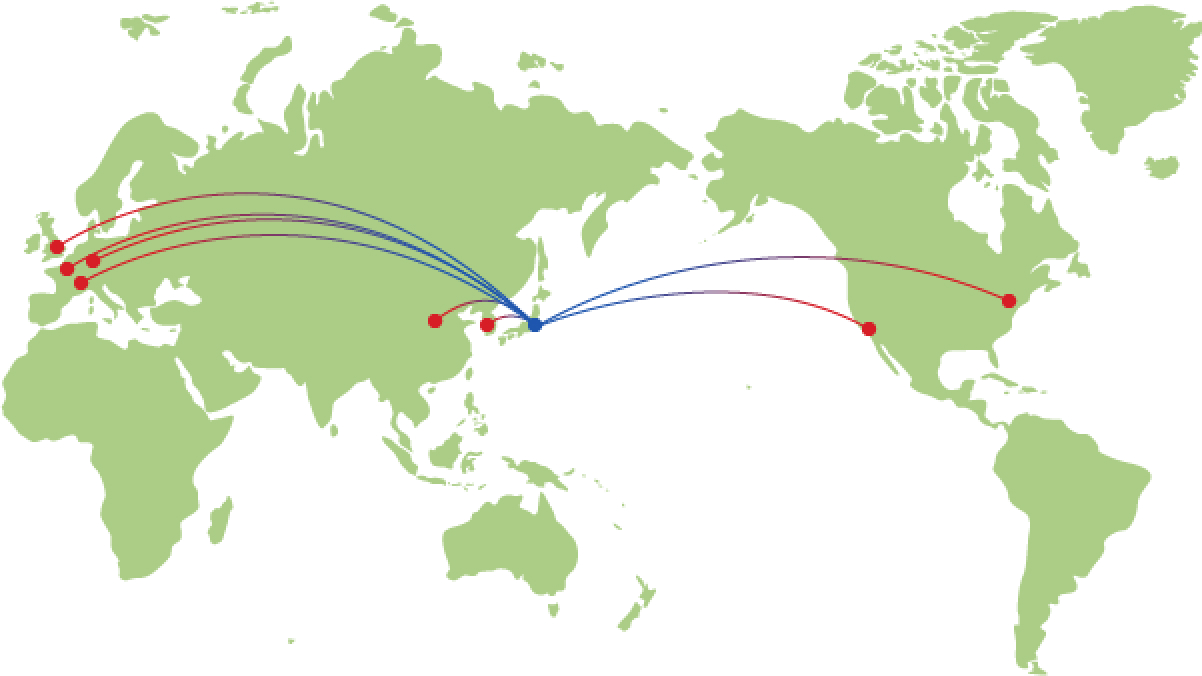
NIMSの定年制研究職として活躍中のICYS卒業生
ICYS卒業生に聞く!
自分らしくキャリアを歩む
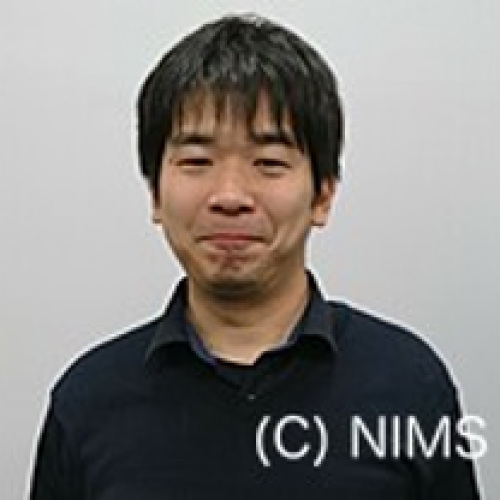
松本 凌
物質・材料研究機構
ナノアーキテクトニクス材料研究センター
量子材料分野 フロンティア超伝導材料グループ 研究員
筑波大学大学院 数理物質科学研究科 電子・物理工学専攻(物質・材料工学コース)に修士学生として、また、NIMSジュニア研究員としてナノフロンティア材料グループに2015年に加わり、修士課程を修了した後、物質・材料工学専攻に進学して博士号を取得しました。博士後期課程では、NIMSジュニア研究員として新たな超伝導物質を探索する研究をしていました。その後、ICYSリサーチフェローの活動を終えて2022年、指導教員であった高野教授をグループリーダーとするフロンティア超伝導材料グループにて定年制研究員に着任。現在、超伝導体の探索と応用、温度と圧力を制御した環境を作り出し、新たな機能性材料を合成する研究をしています。
松本さんはどのような研究をしているのですか?
冷却することで自身の電気抵抗がゼロとなる、超伝導材料の研究をしています。現在実用化されている超伝導体は液体ヘリウムなどの高価な寒剤で冷やす必要があり、運用コストや安全面に問題を抱えています。そこで私の研究では、圧力などの外場により物質の性質を司る結晶構造を変化させることで、冷やさなくても良い超伝導材料を開発することを目標としています。
NIMSジュニア研究員として学位取得後、他の研究施設に所属する選択肢もあるなか、NIMSで研究を続けることにした理由をお聞かせください。
もともと将来は材料系の研究に携わりたいと考えており、NIMSジュニア研究員として筑波大学に入学しました。実際にNIMSで研究をするようになり、微細加工施設や分析ステーションなど共用設備の充実度や、各専門分野の第一線で活躍されている研究者が数多く在籍していることなどに驚きました。このような環境で引き続き材料研究に取り組みたいと思い、NIMSへの応募を決意しました。
ICYSのどこに魅力を感じて、ICYSで研究しようと思いましたか? - ICYSを選んだ3つの理由-
まず、任期制ポジションでありながらも一人の研究者としての独立に向けたサポートを受けられる環境に魅力を感じました。自分の裁量で研究費を使って研究テーマを進めるというのは、将来自分が研究者として独立する上で非常に良い経験になると思いました。次に、ICYSには様々な分野の同世代の若手研究者が所属しており、切磋琢磨しながら成長できる環境に魅力を感じました。また、ICYSで成果を挙げればNIMSの定年制への応募に際して優遇措置があるという点も、若手研究者にとっては非常に魅力的でした。
ICYSでの経験が松本さんの研究活動に生かされていると思うエピソードを教えてください。
ICYSでは自分の裁量で研究相談や共同研究を行えたり、様々な共用設備を利用できたりと、身軽にNIMS内外の方と交流が持てました。その際に知り合った方々には、現在でも色々な形で助けていただいています。例えば私と同時期にICYSに入り、さらに同時期に定年制職員となった研究者の方とは現在、お互いにICYSで培ってきた研究成果を融合させた共同研究を進めております。普通なら出会わない異分野の研究者と共同研究できる機会は、ICYSならではだと感じています。
松本さんと同じようなキャリアを考えている人へメッセージをお願いします。
ICYSでは、私の人生で最も濃密な研究生活を送ることができました。本気で研究を実現させたい熱心な若手研究者の方に、ぜひICYSにチャレンジしていただきたいと思います。
Forge your own path
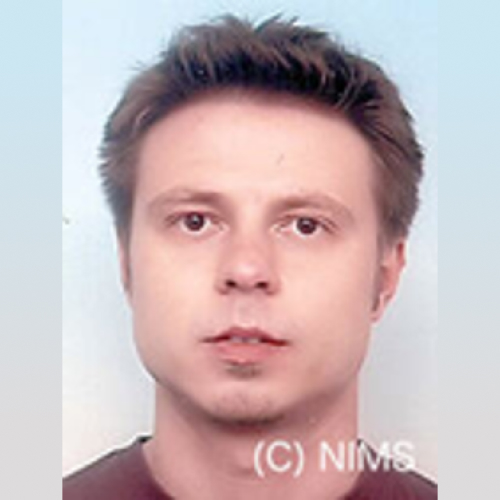
Jan LABUTA
Senior Researcher,
Functional Chromophores Group, Nanomaterials Field, Research Center for Materials Nanoarchitectonics (MANA) ,NIMS
As a Ph.D. student at Charles University, Prague, Czech Republic, I studied phase-separation phenomena in temperature-sensitive polymers. I used mainly nuclear magnetic resonance (NMR) techniques to acquire data about the sample behavior. During my first one-year stay at NIMS under the ICGP program for doctoral students, I learned basics of porphyrin and supramolecular chemistry and various experimental techniques. This first NIMS stay, back in 2006, certainly shaped my next scientific career. After Ph.D. graduation in 2008, I joined NIMS as a JSPS postdoctoral fellow. I started studying chirality detection by symmetric porphyrin molecules, a topic we are still working on today. Soon we established a new concept called pro-chiral sensing mechanism. Since then, we have made whole series of porphyrin compounds with interesting properties. We also started to combine these with temperature-sensitive polymers. That was the moment when all my knowledge from doctoral studies came in handy. Since then, I have been developing a theoretical description of these systems in terms of chemical equilibria and host-guest complexation. I am currently studying these systems for various sensing and imaging applications, such as enantiomeric excess detection (ideally spatially resolved), selective detection of anions or impurities, or colorimetric detection of pH or temperature.
What kind of research are you currently doing?
I focus on the organic physical chemistry of porphyrins and temperature-sensitive polymers. These molecules are responsive to many external stimuli, such as pH, temperature, chirality, and various small molecules or anions. The response can be observed in many channels (e.g. NMR, UV-vis, photoluminescence or sometimes naked eye). It makes these molecular systems good candidates for various sensing applications.
After receiving your Ph.D., why did you decide to continue your research at NIMS when you had the option of joining another research institute or university?
During my time at ICYS, I did not think much about changing the institute. At the time, applying for a permanent position at NIMS was a natural continuation of my research career.
What attracted you to ICYS and made you decide to do research at ICYS? Give us three reasons why you applied for ICYS.
a) In 2014, when I applied for the position, ICYS already had an outstanding reputation. Those ICYS members/alumni I knew personally gave me a positive feeling about the program.
b) Extensive freedom in the research,
management of my own budget and administrative support.
c) I also considered that ICYS fellowship is a kind of tenure-track position and may be advantageous when applying for NIMS
permanent researcher position.
Please tell us about an episode in which you think your experience at ICYS has been helpful to your research activities.
I cannot really say that any episode is of particular significance. There are many small ones. Now that I think about it, it was the whole environment at ICYS that helped me. Through the ICYS seminars and informal meetings, I learned a lot from other branches of chemistry. I have also improved my ability to present scientific research in an engaging way. Now I often use these knowledge/skills when preparing manuscripts or presentations.
Could you please give a message to those who are considering a career similar to yours?
I think that ICYS, with all its support, is probably the best postdoctoral position in Japan in terms of salary, research budget and freedom. In addition, it is backed by outstanding NIMS reputation, so I recommend this fellowship to anyone who wants to conduct cutting-edge research in Japan.
世界の研究機関や大学で活躍中のICYS卒業生
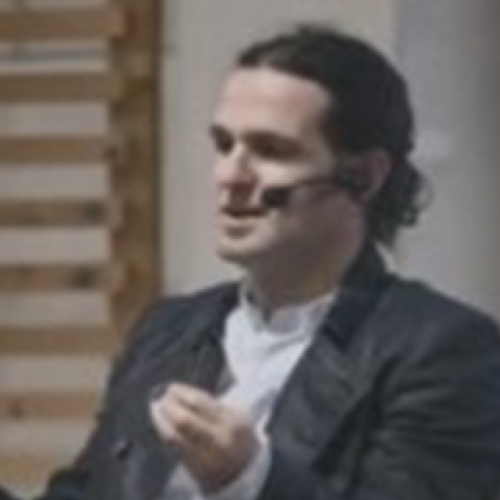
César Moreno
Ramón y Cajal Senior Research Fellow,
University of Cantabria, Spain
Wonderful experiences with ICYS
I am immensely proud to belong the ICYS family. Young scientists are well aware that to survive the jump into the void to make research independently under their own themes and make progress they must face, the sooner the better, to explore new ideas under their own risk. For that purpose, ICYS as tenure-track position allowed to me to put in practice divergent thinking with funding and easy-going administrative support. ICYS, as a scientific soup of different countries, cultures and thinking approaches, acted like a breeding ground to boost my career path. Still nowadays I am collaborating with NIMS researchers. Two years ago, we signed a memory of understanding between ICN2, my former institution, and MANA-NIMS. During the last years I had the opportunity to enjoy several business trips to NIMS, and last year a Ph.D. candidate under my supervision was awarded with a NIMS Internship program fellowship for to perform research during few months. She really enjoyed her NIMS experience! Beyond science, I really enjoyed Japanese hospitality, gastronomic culture including Ibarakian natto and Umami flavor, and of course, Onsen in winter times!
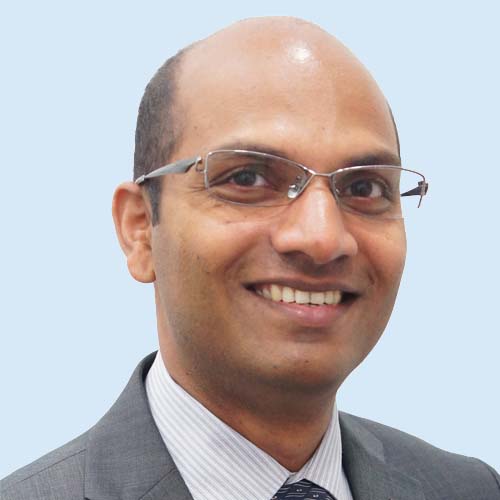
Ajayan Vinu
Global Innovation Chair Professor and Director of the Global Innovative Center for Advanced Nanomaterials,
University of Newcastle , Australia
Wonderful experiences of ICYS
I became an ICYS Fellow at NIMS in January 2004 and was among the initial members of the ICYS center. The extensive research support and the proactive administrative system, staffed with English speakers, significantly influenced my research experience in Japan. Under the outstanding leadership of Prof. Yoshio Bando and the guidance of Prof. Katsuhiko Ariga, coupled with advanced research infrastructure and a collaborative environment, I flourished as an independent researcher at an early stage. The ICYS program left a lasting impact on my career, offering a clear path to continue at NIMS after completing my two-year fellowship.
The freedom to conduct research and mentorship from international academics, including Nobel Laureates, fostered an environment that allowed me to establish an independent research group at NIMS. Japan's unique and humble culture, marked by kindness and a welcoming attitude toward foreigners, has always been a draw for me. I remained in Japan until September 2011, when I accepted a position as a full professor at the University of Queensland. My two sons, born during my time in Japan, consider themselves Japanese, highlighting the inclusive nature of Japanese culture. My family and I cherished our time in Japan and truly miss the country. I often tell my wife that given the opportunity, I would always choose to return to Japan for high-level research, as it holds a special place in our hearts.
Currently serving as a Global Innovation Chair Professor and Director of the Global Innovative Center for Advanced Nanomaterials, leading a team of over 65 researchers, I attribute my current role to the guidance and support received from ICYS and NIMS. I am deeply grateful to Japan for transforming my academic career. The connections established in Japan have created a robust collaborative platform, facilitating my team members' visits and collaborations with NIMS researchers. Beyond science, I formed lasting friendships in Japan and enjoyed its rich culture, diverse cuisine, and breathtaking scenery. My sentiments remain that I truly miss Japan.


